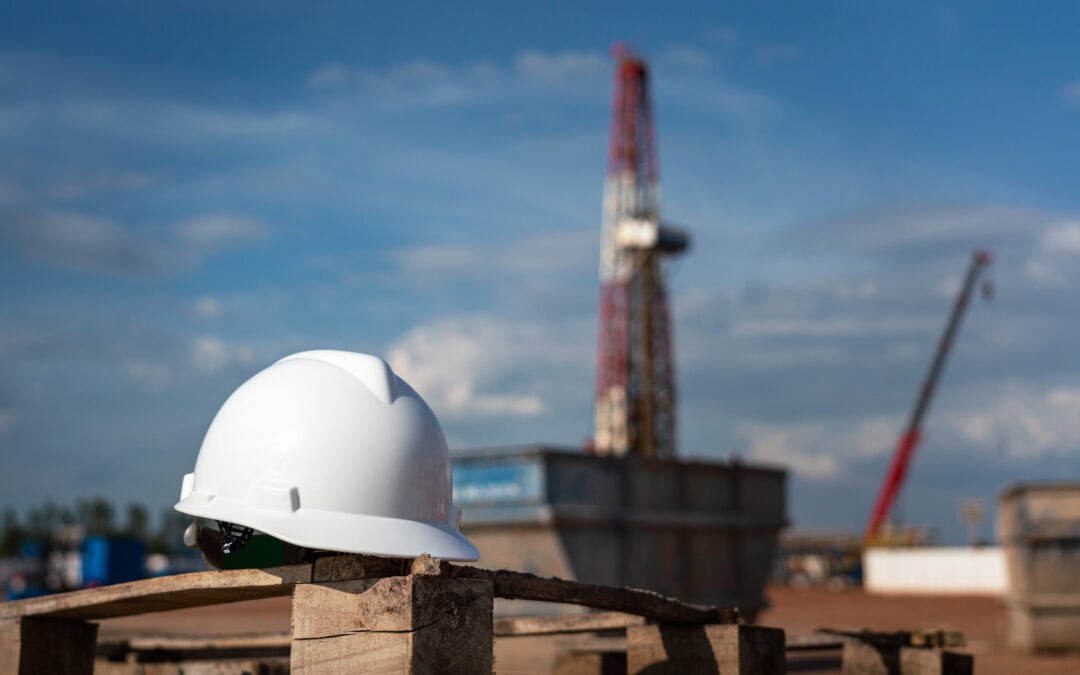Oilfield accidents are hazardous incidents that occur in the oil and gas industry, often resulting in injuries, fatalities and damage to equipment and the environment. As one of the most dangerous industries in the U.S., the oilfield sector’s demanding work environment can lead to complications and catastrophes that require a comprehensive understanding of safety protocols, regulations and legal repercussions. In this blog, we will explore what constitutes an oilfield accident, the types of incidents that commonly occur, and the legal help available for victims and their families.
Understanding Oilfield Accidents
An oilfield accident refers to any mishap that occurs on an oil rig, drilling site or related facility. These incidents can range from minor injuries to catastrophic failures that lead to oil spills, explosions or loss of life. Oilfield workers face a myriad of risks due to the nature of their work, including handling heavy machinery, working with volatile substances, and operating in physically demanding environments.
Common Types of Oilfield Accidents
- Explosions and Fires: A combination of gas leaks, equipment failures or improper handling of flammable materials can lead to devastating explosions.
- Falls: Workers often work at tall heights, and slips or falls can cause severe injuries or fatalities. Safety harnesses and equipment can be crucial to preventing these incidents.
- Equipment Failures: Heavy machinery like drill rigs and cranes can malfunction, leading to accidents. Regular maintenance and inspections are essential to decreasing these risks.
- Chemical Exposure: Workers in the oilfield are often exposed to harmful chemicals that can result in long-term health issues such as respiratory problems or neurological damage.
- Transportation Accidents: Moving equipment and personnel between locations poses inherent risks. Collisions, rollovers, and other types of accidents involving vehicles can occur.
- Struck by Objects: Workers on-site are often at risk of being hit by falling tools or equipment. This risk is amplified during lifting operations or adverse weather conditions.
- Well Blowouts: A well blowout occurs when control of a well is lost, leading to an uncontrolled release of oil or gas. This can result in catastrophic damage, health hazards, and environmental disasters.
The Importance of Safety Protocols
Given the dangers involved, implementing and adhering to strict safety protocols is vital in the oilfield. The Occupational Safety and Health Administration (OSHA) sets forth regulations to protect workers from these risks. Employers must conduct regular safety training, maintain equipment, and ensure personal protective equipment (PPE) is provided and used correctly. An understanding of the legal responsibilities regarding safety measures can help prevent accidents and alleviate some of the risks involved in oilfield work.
Legal Implications of Oilfield Accidents
When an oilfield accident occurs, numerous legal considerations come into play. Workers seeking compensation for their injuries, families of victims, and those affected by environmental damage may need legal guidance to navigate what can be a complex process.
Workers’ Compensation
Most employees in the oilfield industry may be covered under workers’ compensation laws. This system provides benefits to employees injured on the job without the necessity of proving negligence on the part of the employer. In many cases, injured employees can receive compensation for medical expenses and lost wages.
However, workers’ compensation has its limitations. For instance, it may not cover contract workers or pain and suffering damages. Therefore, if you can establish that negligence on the part of an employer or third party contributed to the accident, you may be able to pursue a personal injury lawsuit for additional compensation.
Third-Party Liability
In cases where a third party—such as a contractor, equipment manufacturer, or other entities—played a role in causing the accident, victims may have grounds for a claim against that third party. In such instances, victims might pursue legal action for damages beyond what workers’ compensation offers.
Key Steps to Take After an Oilfield Accident
If an accident occurs, there are several key steps to consider:
- Seek Medical Attention: Your health and safety should be the priority. Even if injuries seem minor, consulting a medical professional may be crucial to your long-term wellbeing.
- Report the Incident: Notify supervisors about the incident, ensuring that it’s documented properly for further investigation.
- Document Evidence: Gather any evidence that could support your case, such as photos of the scene, witness statements, and safety logs if available.
- Consult an Attorney: Discuss your case with a qualified attorney to understand your rights and options moving forward.
Oilfield accidents are a significant concern for workers in this high-risk industry. A clear understanding of what constitutes an oilfield accident and the legal avenues available for those affected can make a huge difference. If you or someone you know has been involved in an oilfield accident, the seasoned attorneys at Talbot, Carmouche & Marcello are here to help you navigate your rights and potential claims, providing the support you need during this challenging time.
If you have experienced an oilfield accident or have lost a loved one due to such an incident, don’t hesitate to reach out to Talbot, Carmouche & Marcello. Our experienced lawyers are committed to fighting for your rights and ensuring you receive the compensation you deserve. Reach out to us for a free consultation today.

